Polymers, Free Full-Text
4.9 (115) In stock
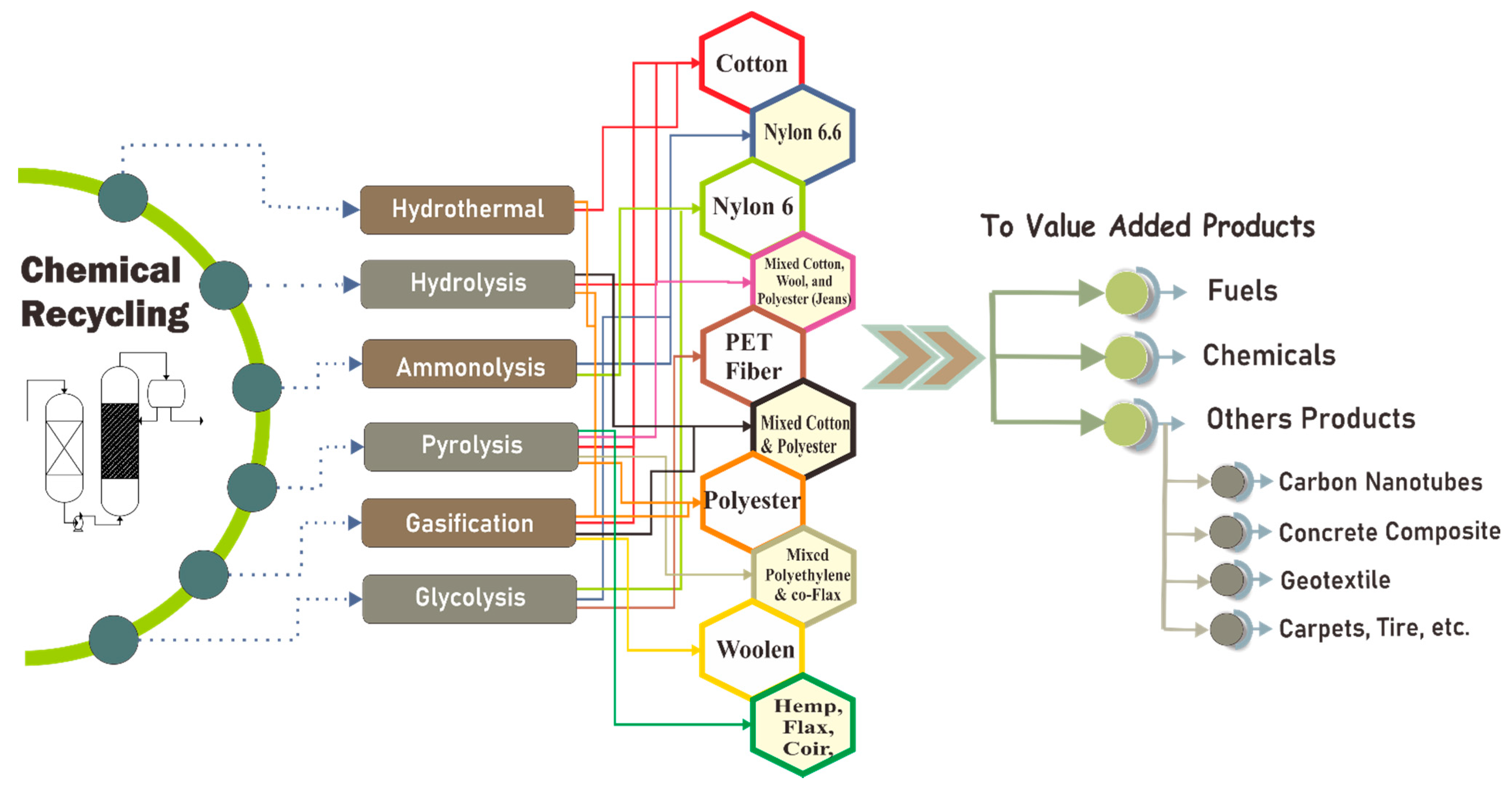
The fashion industry contributes to a significant environmental issue due to the increasing production and needs of the industry. The proactive efforts toward developing a more sustainable process via textile recycling has become the preferable solution. This urgent and important need to develop cheap and efficient recycling methods for textile waste has led to the research community’s development of various recycling methods. The textile waste recycling process can be categorized into chemical and mechanical recycling methods. This paper provides an overview of the state of the art regarding different types of textile recycling technologies along with their current challenges and limitations. The critical parameters determining recycling performance are summarized and discussed and focus on the current challenges in mechanical and chemical recycling (pyrolysis, enzymatic hydrolysis, hydrothermal, ammonolysis, and glycolysis). Textile waste has been demonstrated to be re-spun into yarn (re-woven or knitted) by spinning carded yarn and mixed shoddy through mechanical recycling. On the other hand, it is difficult to recycle some textiles by means of enzymatic hydrolysis; high product yield has been shown under mild temperatures. Furthermore, the emergence of existing technology such as the internet of things (IoT) being implemented to enable efficient textile waste sorting and identification is also discussed. Moreover, we provide an outlook as to upcoming technological developments that will contribute to facilitating the circular economy, allowing for a more sustainable textile recycling process.
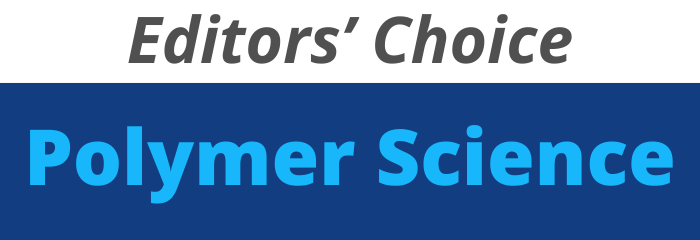
Journal of Applied Polymer Science
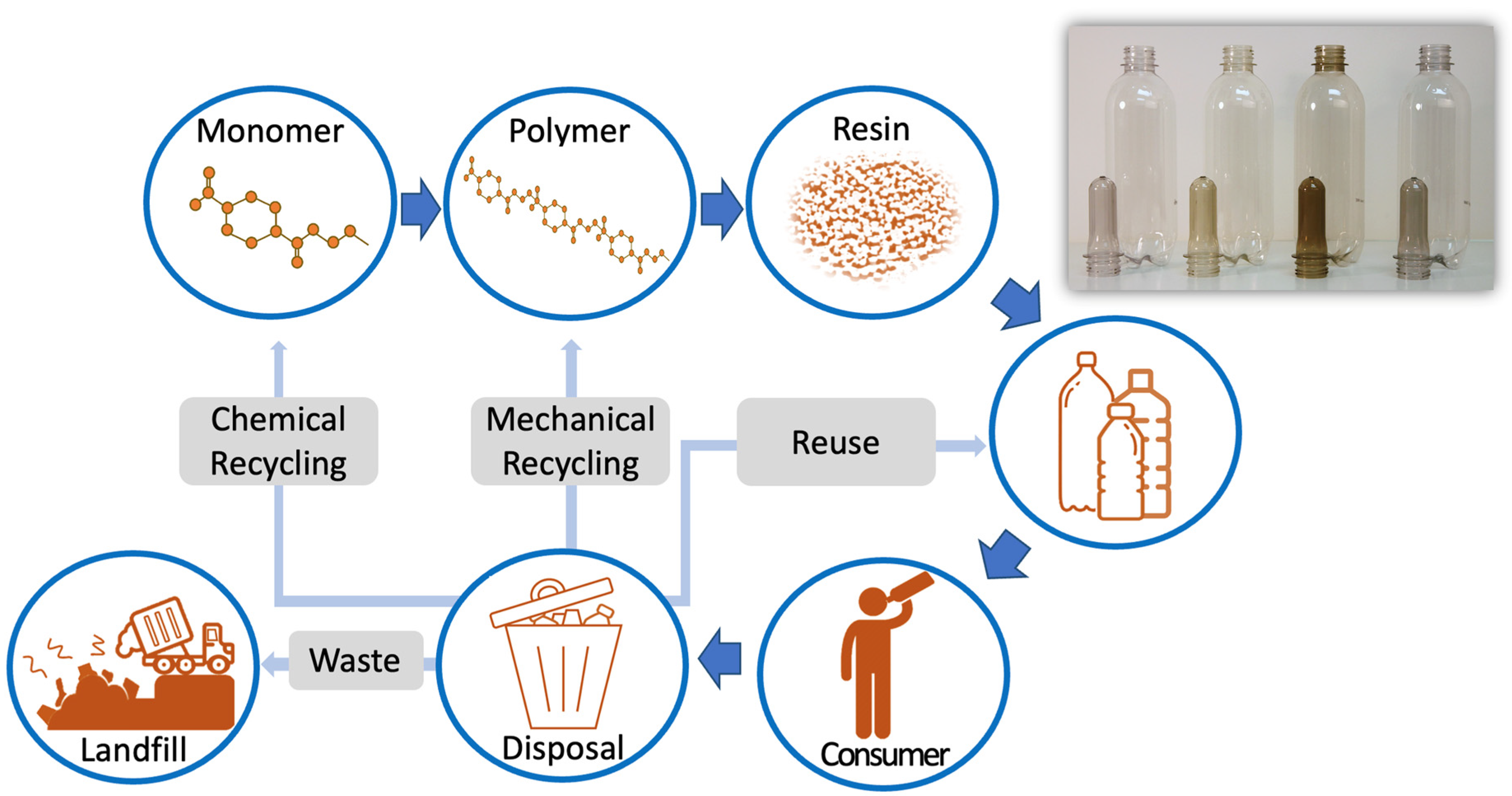
Polymers, Free Full-Text

Polymers, Free Full-Text, Conductive Thread

Fast and Straightforward Synthesis in Molecular Imprinting: Core–Shell Polymerization of Magnetic Imprinted Polymers by Microwave Induction

Polymers Strive for Accuracy: From Sequence-Defined Polymers to mRNA Vaccines against COVID-19 and Polymers in Nucleic Acid Therapeutics

According To Roper Starch Online

Polymers, Free Full-Text
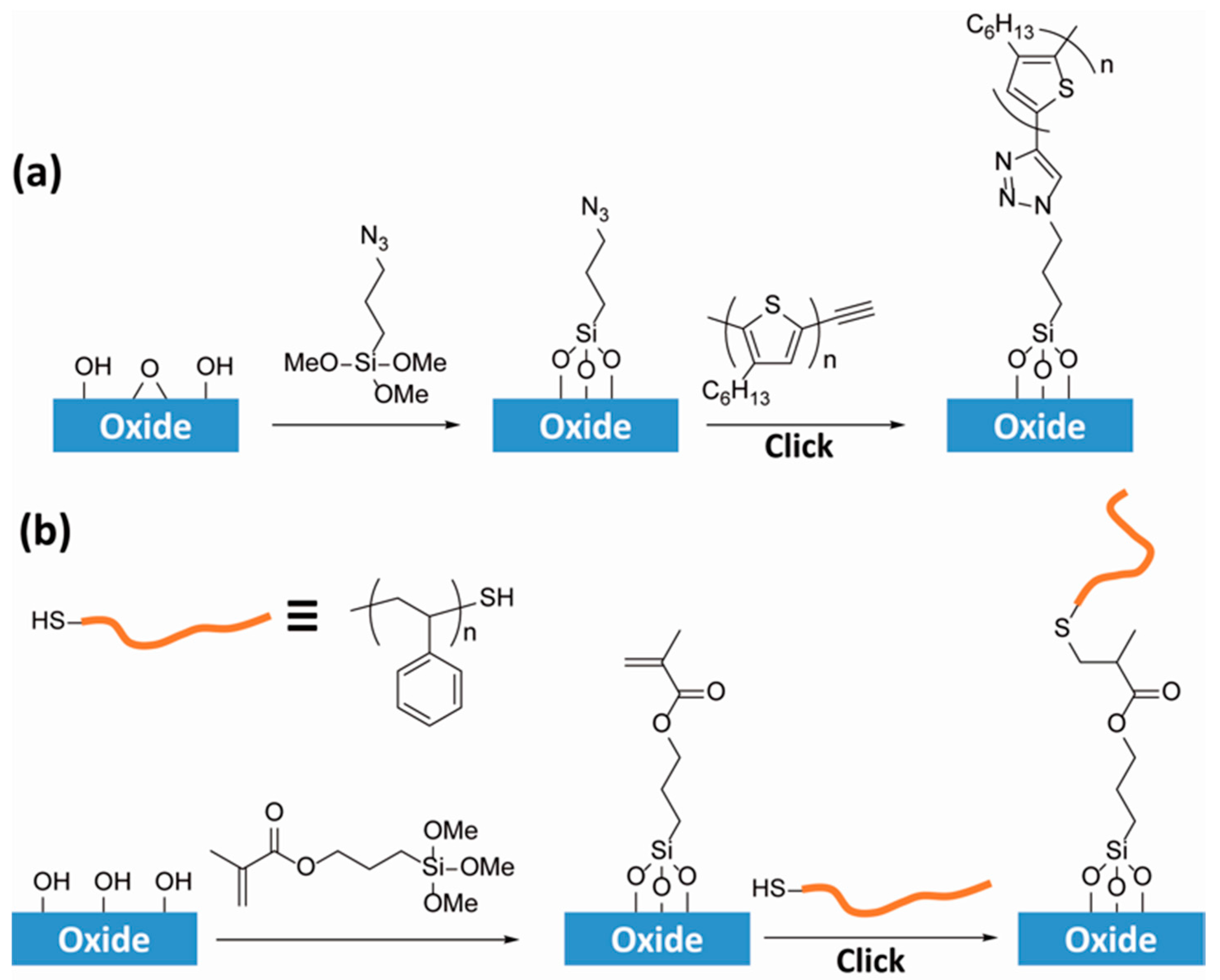
Polymers, Free Full-Text
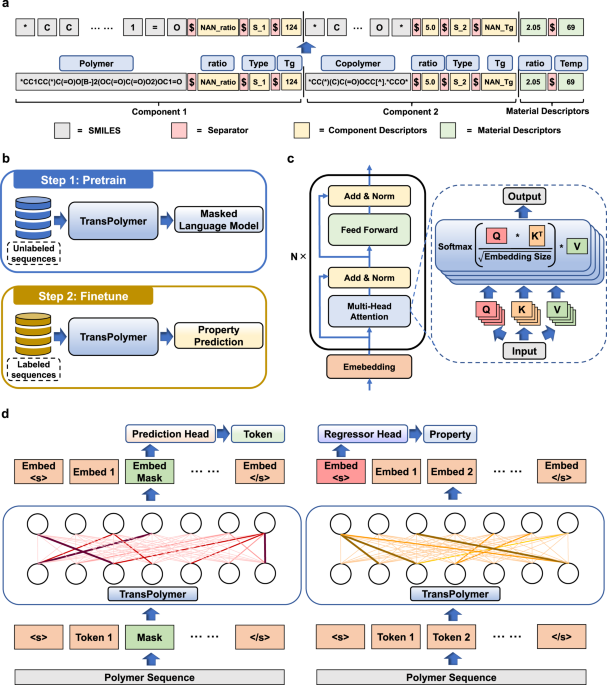
TransPolymer: a Transformer-based language model for polymer property predictions
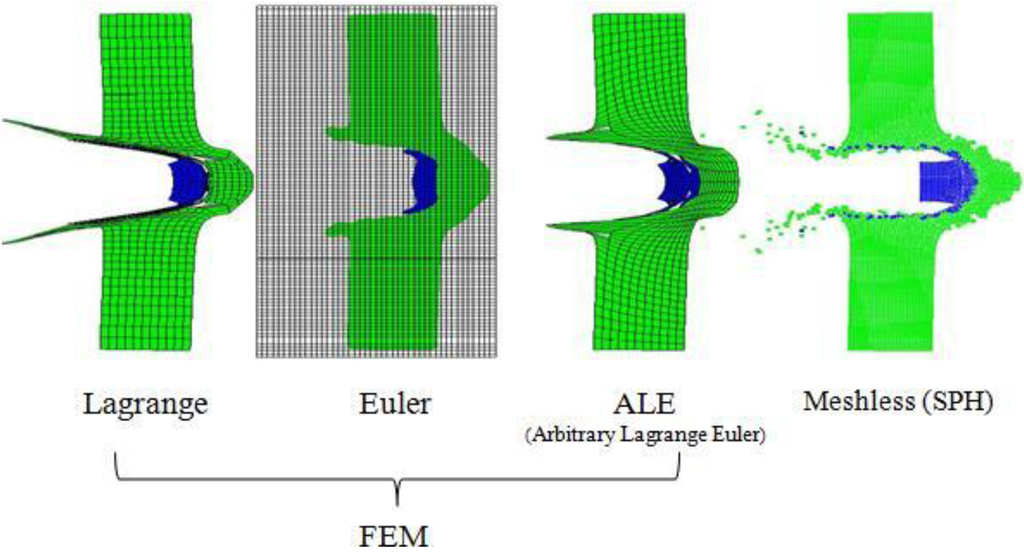
Polymers, Free Full-Text

Polymers, Free Full-Text

Polymers, Free Full-Text
Making Textile-to-Textile Recycling a Reality with SuperCircle
How to Recycle Fabric – RecycleNation


:format(webp)/https://static-ph.zacdn.com/p/danskin-5587-8570823-1.jpg)


